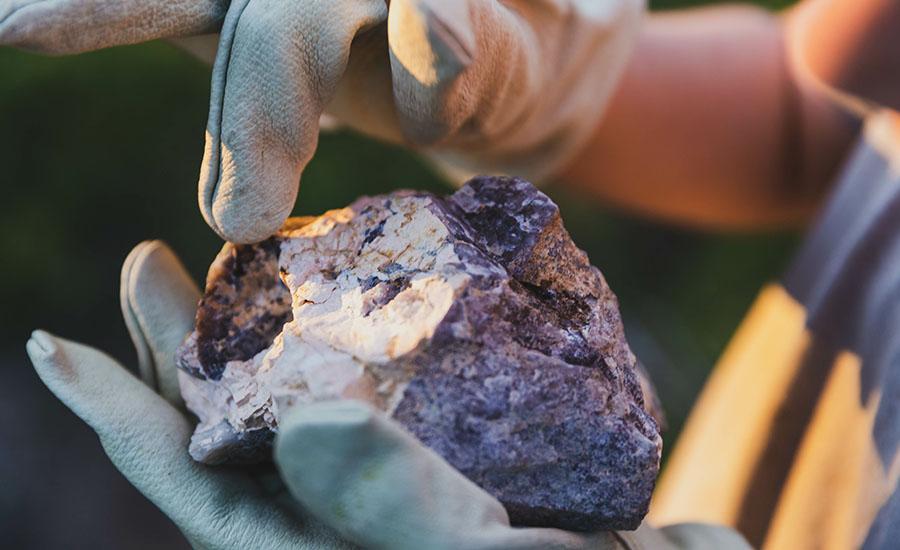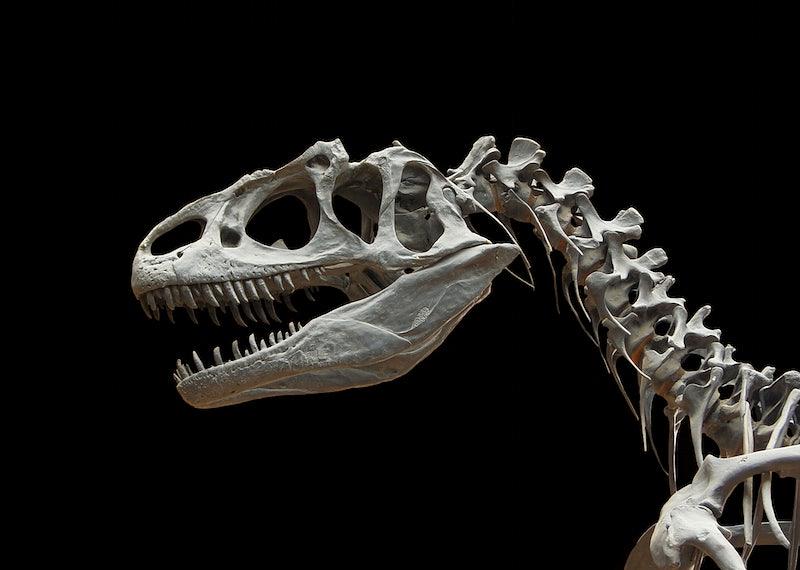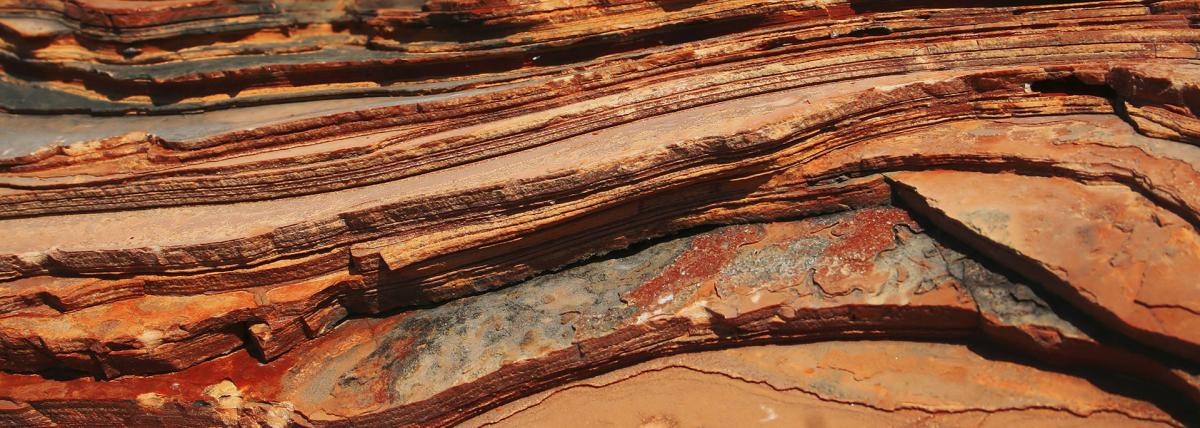
Grades:
3rd Grade, 4th Grade, 5th Grade
In this lesson, students will learn about the Water Tank Mafie located in Dharavi. Students will then use Scratch to create a "Whack a Water Thief (Mole)" game.

Grades:
3rd Grade, 4th Grade, 5th Grade
In the second lesson in the Thirst set, students will learn about Dharavi, a slum within the city of Mumbai. Economical water scarcity drives the lives of those who reside in Dharavi. Students will

Grades:
3rd Grade
This third-grade STEM lesson introduces students to solar energy, the heat island effect, and data analysis. Students will use temperature gauges to measure different areas of the school at various

Grades:
3rd Grade
In this integrated 3rd-grade lesson, students will explore different landforms, learn about fractions, and use technology to enhance their understanding. The lesson begins with an introduction to

Grades:
3rd Grade, 4th Grade
Students will create a solar system scroll using fractions so that they are able to represent fractions on a number line using a real-life application, while also learning about the scale of the solar

Grades:
3rd Grade, 4th Grade
In this 60-minute lesson, students will explore and analyze weather patterns using technology. They will use computers or tablets to access weather websites and apps, collect and record weather data

Grades:
7th Grade, 8th Grade
This lesson has students examining isochron maps of the Earth's seafloor and looking for patterns to support evidence of continental drift. A prerequisite include a previous lesson of continental

Grades:
3rd Grade, 4th Grade, 5th Grade
Harvesting “Apache Tea”-Thelesperma: How to harvest pick and boil to enjoy a herbal tea found in Northern Arizona

Grades:
3rd Grade, 4th Grade, 5th Grade, 6th Grade, 7th Grade, 8th Grade, 9th Grade
An overall view of mining, minerals, and their role in our everyday life. This lesson compares the past, present and future of mining and it's relativity to sustaining our way of life.

Grades:
6th Grade, 7th Grade, 8th Grade
This lesson is a follow up to a previous STEM contest lesson that detailed the KIDStruction opportunity & focused on the design phase. This lesson is intended to support the building phase and is

Grades:
Kindergarten, 1st Grade, 2nd Grade, 3rd Grade, 4th Grade, 5th Grade, 6th Grade, 7th Grade, 8th Grade
Most students are likely familiar with popular films like Happy Feet, Surf’s Up, Penguins of Madagascar, and classic books like Mr. Popper's Penguins. Capitalizing on this familiarity with penguins

Grades:
3rd Grade
The lesson plan addresses the real world problem of forest management that affects the environment and the communities. The students will build awareness of global issues related to natural resources

Grades:
4th Grade, 5th Grade, 6th Grade, 7th Grade, 8th Grade
Lesson "Phoenix Reimagined: From Sun City to Solar City" ensures that students engage in age-appropriate, hands-on learning experiences that promote understanding of solar energy and its applications

Grades:
7th Grade, 8th Grade, 9th Grade, 10th Grade, 11th Grade, 12th Grade
This lesson is a whole unit on energy. It can be broken up into 10 separate lessons. I chose to put them all together so that it was easier to see how I organized them so you did not have to search

Grades:
8th Grade, 9th Grade, 10th Grade, 11th Grade, 12th Grade
A lesson that dives into the fusion of Art and Chemistry. Students will make their own pigments using common plants by using an acid-base reaction. They will test the effects of different solvents in

Grades:
6th Grade, 7th Grade, 8th Grade, 9th Grade, 10th Grade, 11th Grade, 12th Grade
Students use a GIS story map and hands on investigation to analyze the urban heat island effect in Phoenix.

Grades:
6th Grade, 7th Grade, 8th Grade, 9th Grade, 10th Grade, 11th Grade, 12th Grade
Students put together fossil bone cut outs to determine a prehistoric species before learning about the different ways scientists determine the physical characteristics of extinct organisms.

Grades:
2nd Grade, 3rd Grade
Students will research a biome around the world, including 3 animals, 3 plants, and 3 nonliving parts of the ecosystem. Students will construct a diorama of the biome and illustrate a natural disaster

Grades:
7th Grade, 8th Grade, 9th Grade, 10th Grade, 11th Grade, 12th Grade
Want to incorporate the Arts into your 7-12 STEM classroom? The Global Science Opera provides a way to do just that! Learn how to facilitate a STEAM collaboration with arts teachers to make it happen.

Grades:
8th Grade
Investigate how red wigglers rebuild soil by processing food scraps and depositing their casts into the soil. Student groups will have their own worm bins to care for and they will gather data about

Grades:
8th Grade, 9th Grade
In this lesson, students will embark on an investigative journey to explore the geological history of their local community. Through hands-on activities and research, students will analyze rock layers

Grades:
7th Grade, 8th Grade, 9th Grade, 10th Grade, 11th Grade, 12th Grade
Students will combine science and art by using an alternative photographic process called cyanotypes or sun prints. After a short introduction to the history of cyanotypes and the process of creating

Grades:
3rd Grade, 4th Grade
An Arizona 3rd grade standard is to learn about Arizona tribes' ways of living and how they depend on their environment to shape their world. In this hands-on lesson, students will use their hands

Grades:
8th Grade, 9th Grade, 10th Grade, 11th Grade, 12th Grade
Over the course of three class sessions, spanning 90 minutes each, students will engage in an immersive project focusing on the outdoor air quality prevalent in four states situated in the


